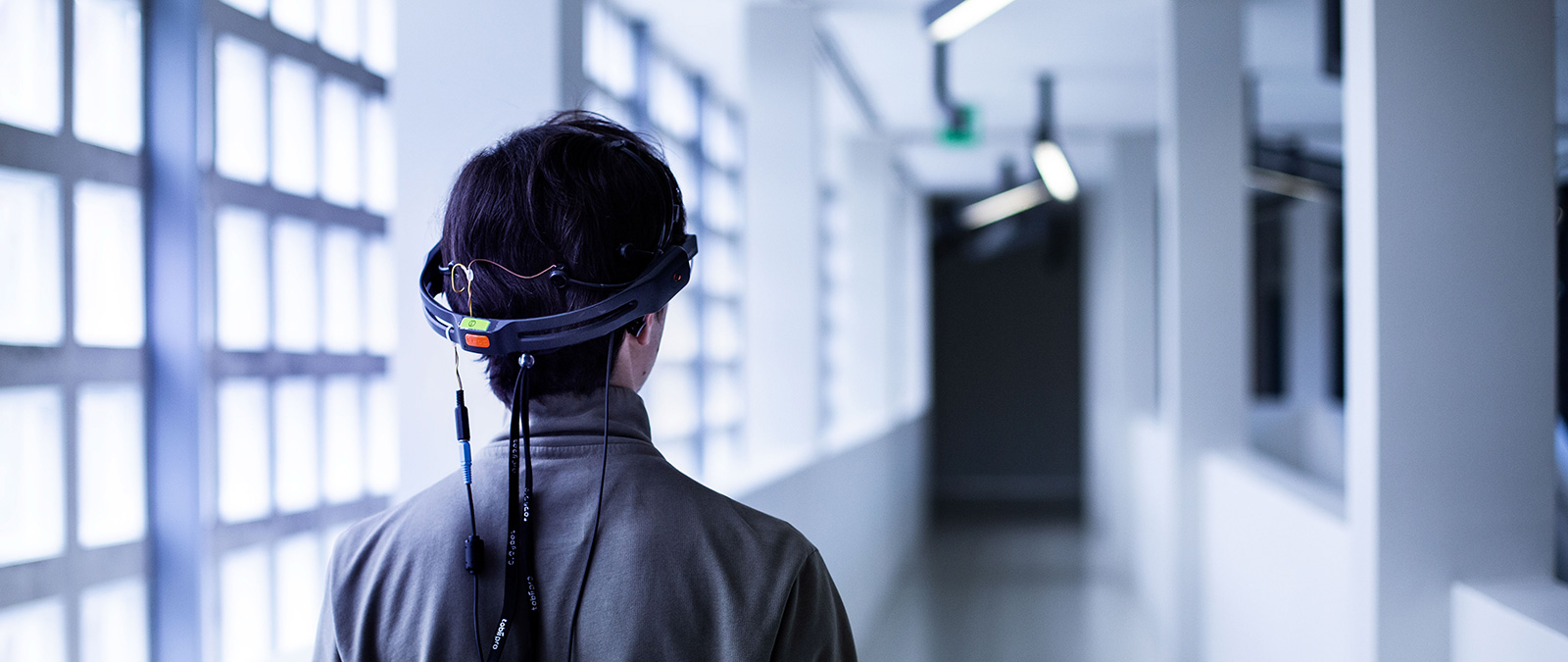
Procedural workings
Year 2019
The most significant reforms that have affected the administrative procedure since the adoption of the general law of 1990 to date have mostly concerned the moment of decision making, placing all expectations as to the correct exercise of administrative action on the procedures for the conclusion of the administrative procedure. It is not that the procedural investigation has remained unscathed by the reform anxiety of which administrative law has been prey for the last fifteen years. However, these changes concerned the economic assessment of the procedures and the related simplification measures (taking, for example, the changes that affected the 'conferral of services' and the SCIA certification) to the detriment of the preliminary moment of selection and participation in the procedure. If the reasonableness of the procedure measures the rationality of the procedure, it is clear that the moment of entry and selection of the "relevant" interests in the procedural phase is of importance in the economy of the decision-making process — with a view to adopting a decision that is "just" (i.e. reasonable and proportionate), "shared" and "stable". It is in this perspective that it seems interesting to analyze the dynamics that affect this procedural phase with particular regard to complex processes.